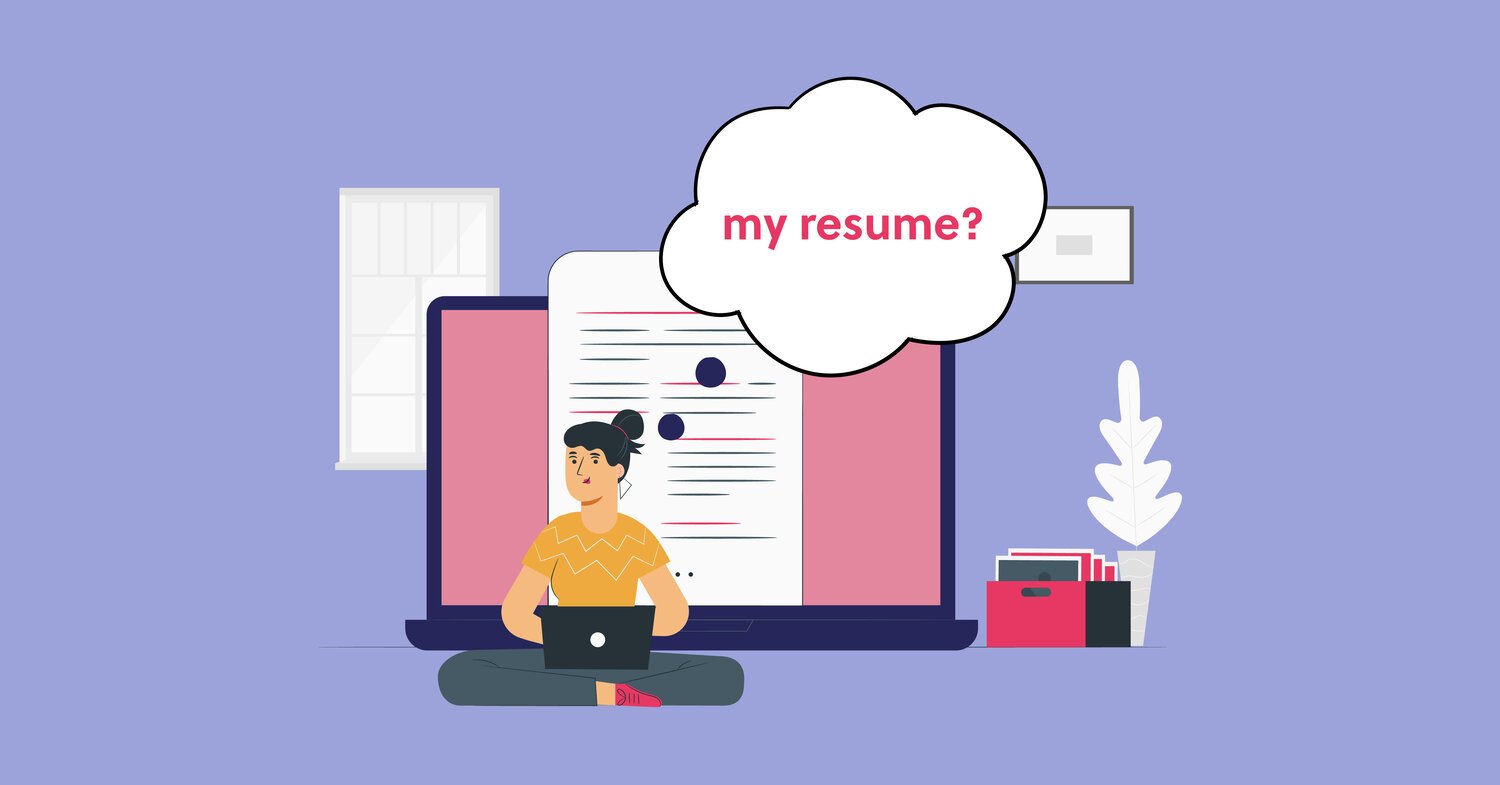The Shy Students Guide to Getting Letters of Rec
How to get Letters of Recommendation in college: The Shy Students Guide—
A guide for the silent educational baddies who are still out here trying to accomplish their goals.
I’m going to keep it real with you, you’re going to HAVE to push out of your comfort zone to achieve academic success. Even beyond school, learning how to put yourself out there is an essential skill. Being an introvert in a world full of extroverts can feel like a setup, but there are tactics you can learn to help ease the stress of having to burst your comfort bubble.
Here’s the shy student's guide to being able to get glowing letters of rec. These are personal tips that have helped me in both high school and college.
If you’re a fellow shy person, feel free to add your tips on conquering social anxiety/perpetual shyness below!
The first half of this article will break down how to build a good foundation with your professor so you can ask them for a letter of rec. The second half will show you the ropes of actually requesting the letter!
How to build a good foundation with your professors:
01. DO THE WORK & DO IT WELL
This is the bare minimum when it comes to asking for letters of recommendation from professors. Don’t slack off in a class and expect a glowing letter of recommendation at the end of the semester!
Important note: You don’t need to be an A+ student but you do need to be a GOOD student.
A good student handles their business! So all you need to do is:
Turn in your work ON TIME
Show up to class ON TIME
Sit close to the front and pay attention
Participate in class when expected
Follow all other course instructions/syllabus
This is the start of forming a good relationship with your professor. It helps show that you’re taking their class and your studies seriously.
02. Go above and beyond (when you can)
Bonus points if you can put extra love into things like projects and essays. These are opportunities to impress professors with your dedication to the course.
For example, in my design courses in college, I was able to be noticed by some of my professors for the creative approach to my projects.
Unfortunately, some lectures in college can have hundreds of students in one class so even if you’re on your A-game you still might go unnoticed.
The good news is that your professor doesn’t need to be your BFF to write a good letter of recommendation! There are ways to create a personalized letter even if you’re not buddy-buddy.
03. Get some face time with your professors (with minimum stress!)
Got stage fright? Meet your professor off the “stage”
Speaking up in a large class is a shy person's worst nightmare. One way to work around the need to do this is to catch professors when there aren’t as many other students around.
If there’s some free time before or after class pop in with a question or even take a moment to introduce yourself!
Another option is to pull up during your professor’s scheduled office hours.
Office hours are not only a good way to get some face time with your professor so they can remember you, but they’re also generally helpful with understanding material for the course.
Potential questions to ask:
Ask for career advice (how they got into the field/what they find the most interesting/fulfilling about it)
Ask if they know of any potential internships or other opportunities on campus
Now that you’ve set a good foundation with your professor, let’s talk about--
How to Properly Request a Letter of Recommendation:
Problem:
Professors are busy people and even if you talk to them frequently they will not remember your entire life story.
Solution:
Ask NICELY and Hand ‘em your cheat sheet (A.K.A. Resume)
How to Do it:
This can be broken down into three crucial steps:
Step 1. Give them enough TIME!
3 weeks minimum is standard but the more time you give the better.
Step 2. Follow proper etiquette!
When sending an email, always provide context for why you're requesting a letter of rec from a professor.
Keep it FORMAL but BRIEF.
(refer to the article below for more detailed tips on proper etiquette)
Step 3. Hand in your Resume!
A resume is a one-page document that highlights key points like your GPA, academic achievements, awards, student org involvement, internships, etc.
It also helps to include a profile section on your resume that outlines your long-term academic/career goals. All this information helps your professor create a more personal letter of rec that highlights some of your top achievements!
”But wait, how do I do all of this!?” Refer to these resources below!
Your Guide to Requesting a Letter of Recommendation:
Your Guide to Creating a Student Resume:
--
The Last Note: Unless specified, you may be able to get a letter of recommendation from someone that is not your professor. Getting involved in internships, clubs, and organizations can be a great way to build connections and get potential co-signs from staff/leadership on campus. The same etiquette rules for requesting letters of rec still apply with them as well so you can use this blog as a guide.
Reference Materials:
Use to pull information from, pop into these resources for more help/guidance!
https://spu.edu/depts/eng/documents/RECOMMENDATIONLETTEREtiquette.pdf



